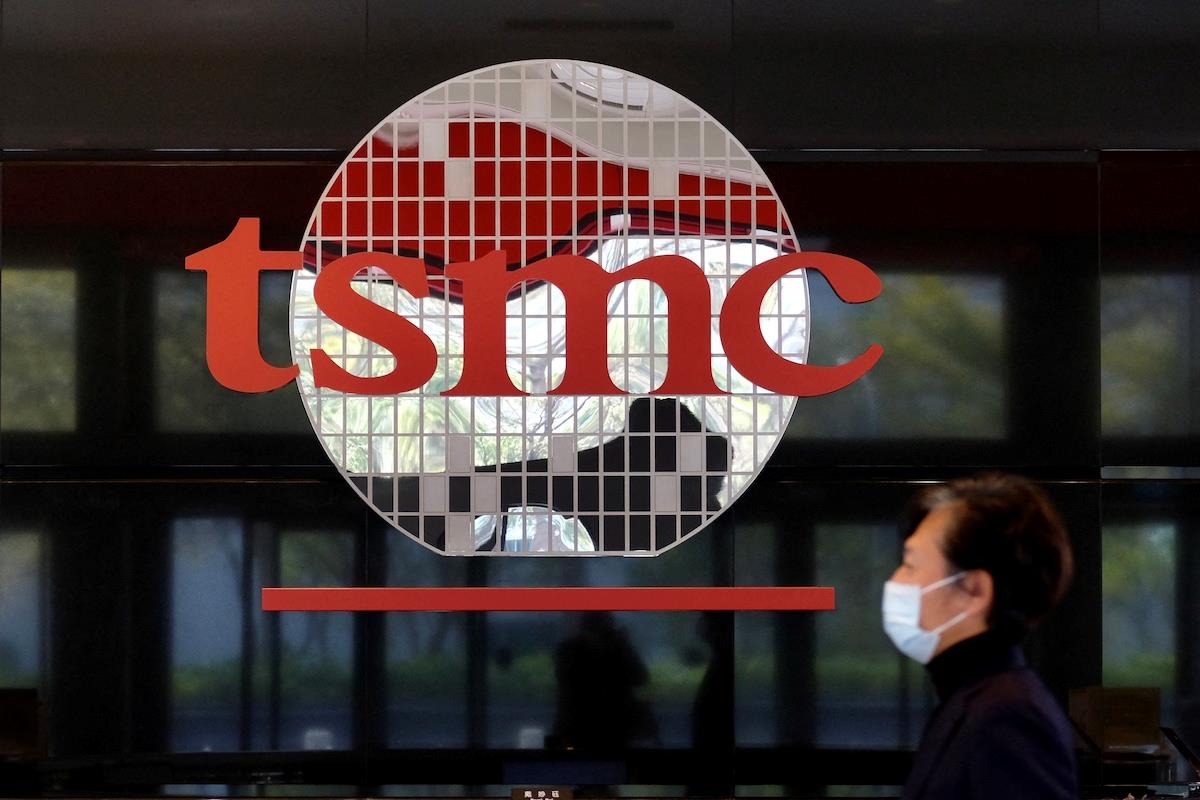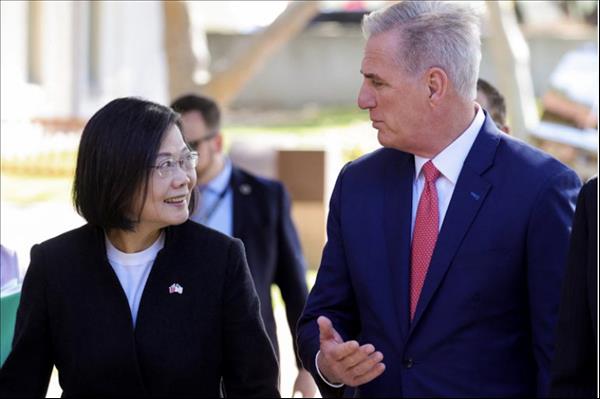(MENAFN- Asia Times) Growing confrontation and competition between the United States and China has paved the way for closer US-Taiwan economic relations. Taiwan could take advantage of this changing geopolitical environment to advance deeper institutionalized trade ties with the United States.
A complex supply chain network between US and Taiwanese companies has grown over decades. Despite this close industrial partnership, several issues have prevented the two sides from implementing institutionalized economic agreements.
First, market forces have primarily driven US economic ties with the Asia Pacific. Washington's relatively passive response to the development of institutionalized regional economic integration had left a power vacuum for China to fill. Although most of China's economic agreements with the region are shallow, they bind Beijing with the regional economy more closely.
In response, former US president Barack Obama's administration actively promoted the Trans-Pacific Partnership as the economic dimension of its“pivot to Asia” in 2011.
US policy of trying to integrate China into the global economy downplayed taiwan's strategic importance . This policy strategy also overlooked the advantages of reaching a bilateral free trade agreement (FTA) with the island.
Other factors which discouraged the United States from pursuing an FTA with Taiwan include Taiwan's slow progress in improving intellectual property protections, its pharmaceutical pricing which favors local drug producers and its refusal to open up its rice and telecommunications markets.
As a consequence, no significant economic agreement was reached under the Trade and Investment Framework Agreement (TIFA) (a forum for trade and investment cooperation between the United States and its partners initiated in 1994).
The TIFA served only as a means for Taiwan to consult the United States on a broad range of economic issues before its admission to the World Trade Organization in 2002. But Washington's economic policy toward Taiwan has changed as China's growing military and political assertiveness challenges US interests in the region.

A helicopter flies a Taiwanese flag in Taoyuan, Taiwan. Photo: Ceng Shou Yi / NurPhoto / Getty Images
Taiwan's increasing geopolitical significance makes establishing institutionalized economic links essential to the United States' strategy to counterbalance China. As part of this realignment of US strategic policy, Washington and Taipei resumed the tifa dialogue in 2021.
Two other economic talks have been initiated as well: the 2022 third us-taiwan economic prosperity partnership dialogue and the us–taiwan initiative on 21st century trade .
Unlike most conventional FTAs, none of the economic talks between the United States and Taiwan involve negotiations over tariff reductions and opening their service sectors for investment.
The talks so far have emphasized setting up new regulatory rules - such as trade facilitation measures and worker-centered trade policies - as well as securing supply chain networks and cooperation on combatting climate change.
This unconventional approach to building institutionalized economic ties is grounded in several realities of US-Taiwan trade. US average tariffs are already relatively low . And given Taiwan's high savings rate and relatively small and aging population, its market is relatively less lucrative than other bigger markets.
Even without greater market access to goods and services, bilateral economic ties have grown stronger in recent years. According to Taiwan's Ministry of Finance, the US share in Taiwan's total exports has gradually expanded from 11% in 2014 to 16% in 2022 .
One of the most significant growth sectors in bilateral trade is agricultural goods - in 2022 the United States was not only Taiwan's largest source of agricultural imports but also the biggest export destination for its agricultural products. Between 2018–2022, Taiwan's investment in the United States was four times that of the period between 2013–2017, according to taiwan's investment commission .
Simply encouraging more bilateral trade and investment between Taiwan and the United States will not construct a solid frontline to counterbalance
china's growing influence
in regional economic integration.
In the last two decades, China has actively pursued and concluded multilateral economic agreements where the United States has been generally absent. China negotiated an FTA with ASEAN which was signed in 2002.
China is an important member of the Regional Comprehensive Economic Partnership that incorporates 16 countries in the region. It has also expressed interest in joining the Comprehensive and Progressive Agreement for Trans-Pacific Partnership - a cross-regional FTA comprising Pacific Rim countries and the United Kingdom.

A man walks past a company logo at the headquarters of the world's largest semiconductor maker TSMC in Hsinchu, Taiwan, on January 29, 2021. Photo: AFP / Sam Yeh
The United States will need to line up its allies to fortify its trading network in the face of China's increasing role in directing the development of institutionalized economic integration.
Yet regionally and globally, the United States faces challenges in rebuilding a US-centred multilateral economic network that relies on knocking down tariffs for goods and eliminating barriers to investment between the regional economies.
So far, the United States emphasizes making progress on non-conventional trade issues including supply chain resilience and labor and environmental issues. Those issues were accentuated in both US-Taiwan economic talks and the indo-pacific economic framework (IPEF).
Although Taiwan is not part of the latter, the similarity of issues covered could bring Taiwan's trade and economic standards in line with those of IPEF economies.
Apart from the institutional effort to tie the two economies, Taiwanese firms' increasing trade with and investment in the United States in recent years signals their alignment with Washington amid rising tensions between the United States and China.
Taiwan's strategic significance and manufacturing strength in the semiconductor industry have made it a crucial partner for the United States' geostrategy. Taipei's heightened strategic role will help it collaborate - directly or indirectly - with like-minded countries. This could facilitate some future economic diversification
away from china
for Taiwan.
Min-Hua Chiang holds a PhD in Economics from the University of Grenoble Alpes. She is currently based in Maryland, US.
This article , republished with permission, was first published by East Asia Forum, which is based out of the crawford school of public policy within the college of asia and the pacific at the australian national university .
Like this:Like Loading...





















Comments
No comment